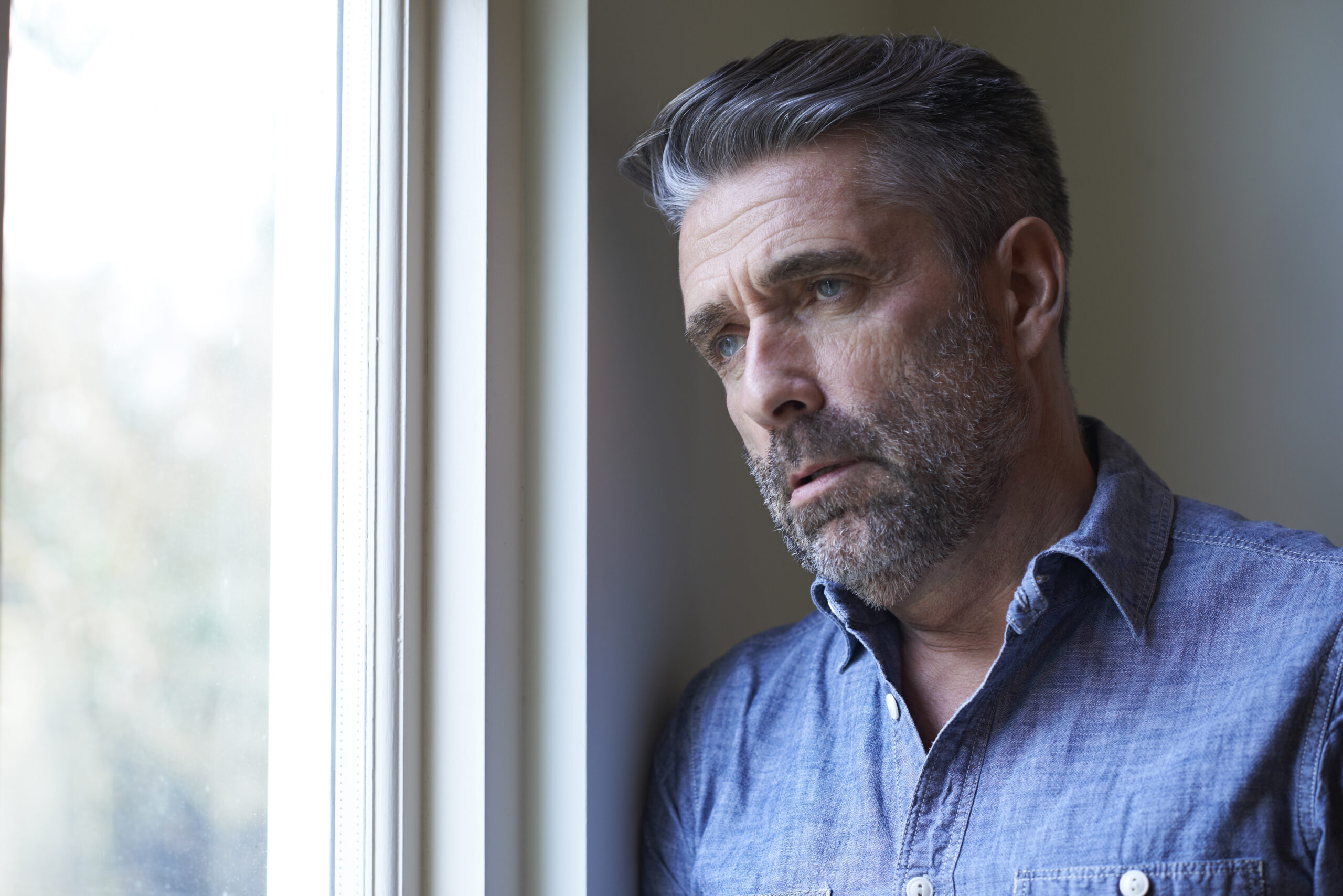
The Role of Nurses at Bluff’s Drug and Alcohol Rehab
Nurses play a vital role at Bluff’s drug and alcohol addiction rehab center. From day one at our residential addiction treatment center outside Augusta, Georgia, nurses are there to ensure patients are safe, comfortable and supported.
“We are the first people patients meet when they come into the building,” said Katherine Harris, a registered nurse and director of nursing at Bluff. “And we are here to support them throughout their time with us.”
For men and women taking the first steps to getting sober, the first few hours and days can be difficult, physically and mentally. They’re often angry, fearful, irritable and ashamed – and they will let you know that they don’t want your help, Harris said.
“For many of our patients, we’re seeing them at their absolute worst. Some have been drinking to get drunk one last time before they come. They have very high blood alcohol levels. We evaluate them, and if the blood alcohol level is dangerously high, we send them to the emergency room for their safety.”
“Their mental state when they get here is also not good. Many people are humiliated that their drinking or drug use has come to this. Some are coming in as a last-ditch effort to save marriages or get their kids back. They’ve lost a job or are fixing to lose a job. Their spouse has told them, ‘Get help or this is it.’ Some people were arrested for DUIs and are coming here from jail. Some people are grateful they’ve gotten here before they died. But most people aren’t there yet. They’re in pain and in despair.”
Rehab nurses provide medical care, support and education
Bluff employs 14 registered nurses (RN) and licensed practical nurses (LPN) who provide nursing coverage for all hours of the day and night.
During intake, nurses conduct an assessment and collect a full medical history. The assessment includes determining the severity of alcohol and drug dependence, physical health conditions such as diabetes, hypertension, HIV or hepatitis, and establishing whether patients are dual diagnosis, meaning they have a co-existing mental health problem such as depression, bipolar disorder, anxiety disorders and post-traumatic stress disorder (PTSD).
Nurses also assess patients for suicide risk, fall risk, injuries, and problems with nutrition that can occur when drug and alcohol use leads people to neglect eating balanced meals. Nurses also conduct drug and alcohol screening, so the clinical team can get the full picture of what toxic substances are in the body.
Many patients who come to Bluff also have pain disorders, Harris said. “A lot of our patients are coming for pain management. They come here because they hear about Dr. Bill Jacobs’ pain management background and they’re looking for ways to get off opiates and find better ways to manage their pain,” Harris said. Bluff Medical Director Dr. Williams S. Jacobs is triple board certified in addiction medicine, pain medicine and anesthesiology.
In addition to nursing assessment, patients at Bluff are also seen by a physician, nurse practitioner or physician assistant for additional testing and assessment within 24 hours of arrival.
Nurses and withdrawal management
Keeping patients safe and comfortable as they detox from alcohol and drugs is another job for the nurses at Bluff. Patients sometimes suffer from anxiety, depression, mood swings and even thoughts of suicide when going through withdrawal from drugs. Nurses monitor vital signs and stay alert for signs & symptoms of withdrawal. They administer medications to manage withdrawal symptoms, and make sure patients feel comfortable, supported and well taken care of throughout the detox process.
As detox progresses, patients are also seen by a psychiatrist. Withdrawing from drugs and alcohol can impact symptoms of mental illness such as bipolar disorder, anxiety disorder and depression, so it’s important that medication is carefully monitored and adjusted as needed, Harris explained.
Nurses also assist patients with relieving insomnia. “If you can get their anxiety levels down and help them sleep, you are going to get so much further with them. It’s our goal to get them as comfortable as possible during that detox process so they can continue on with group and individual therapy, and all of the other programs we have here that will help them get to where they need to be.”
For patients with pain disorders, she added, “a lot of them are so overmedicating themselves that when we finally detox them, they’ll say, ‘I feel so much better.’ Being on those medications, they couldn’t think straight, and their decision-making skills were suffering. They had trouble sleeping. Or they would sleep all day and be up at night. Pain perception increases at night. Some spent so many hours in bed, their joints become stiff, and they have trouble walking. Once you get them moving, they generally feel better. Some have been isolated for so many years. Their family members have stopped coming. But you get them detoxed and with a group of people and you see their personality emerging again.”
During a patient’s stay in Bluff’s residential addiction treatment program, nurses are responsible for daily medical care – everything from dressing changes to ordering labs. They also provide education so patients can better understand the disease of addiction and the importance of self-care for addiction and co-occurring disorders. Nurses educate the patient’s family members about what to expect from rehab. Nurses also teach families how they can support their loved one’s recovery while they’re in residential treatment and as they transition to lower levels of care, such as PHP, IOP or continuing care.
Because addiction is both a physical and psychological health issue, substance abuse nurses need experience in general medical care and mental health. They understand the psychological issues that contribute to addiction and help patients work through these problems and reduce the risk of relapse.
“When we admit them, you can see the devastation, and how defeated they are,” Harris said. “My best moments in this job usually come about a week before they discharge, and you look at the difference. You see them smiling. You see a sense of possibility on their face. It gives me tremendous satisfaction.”








